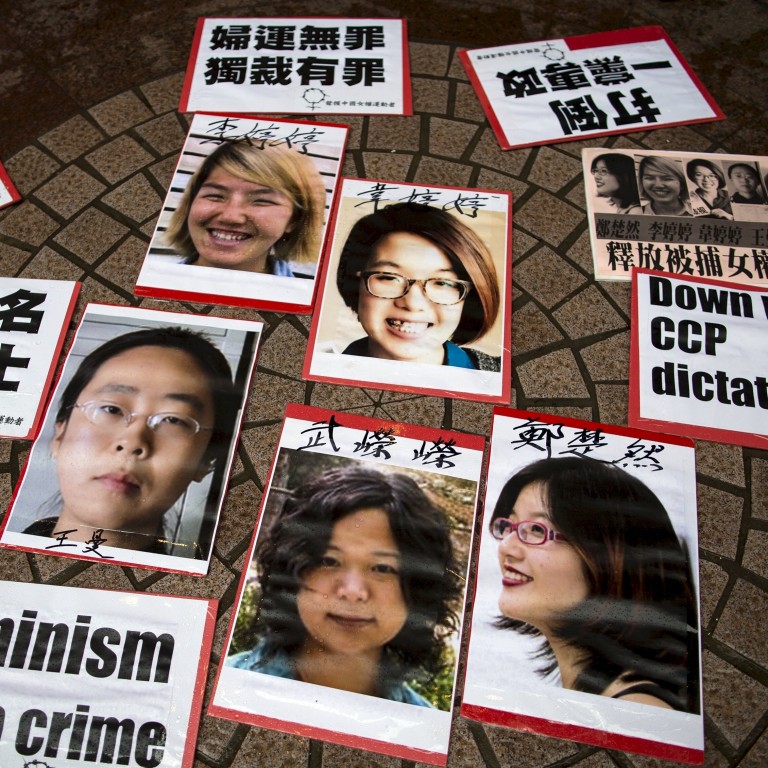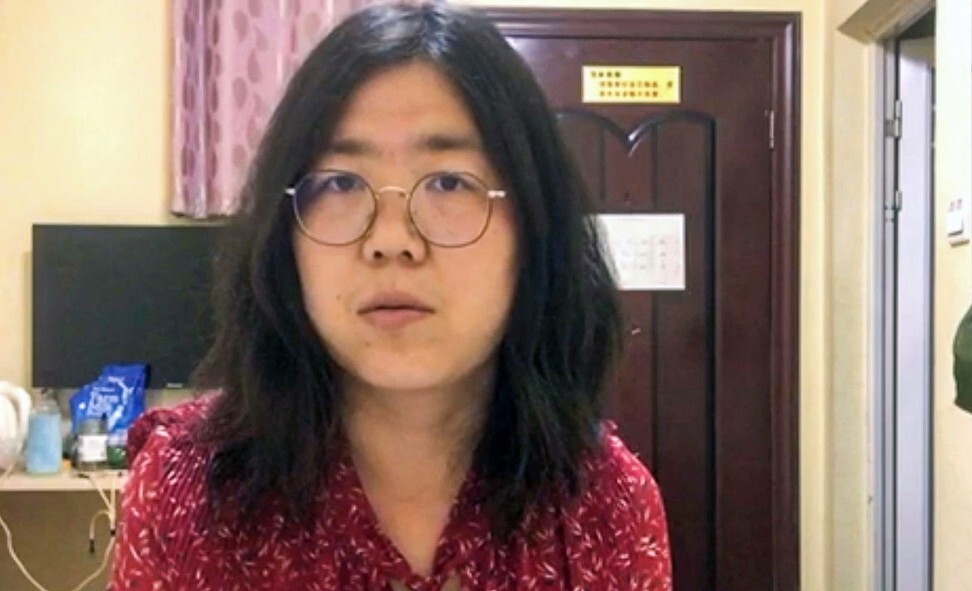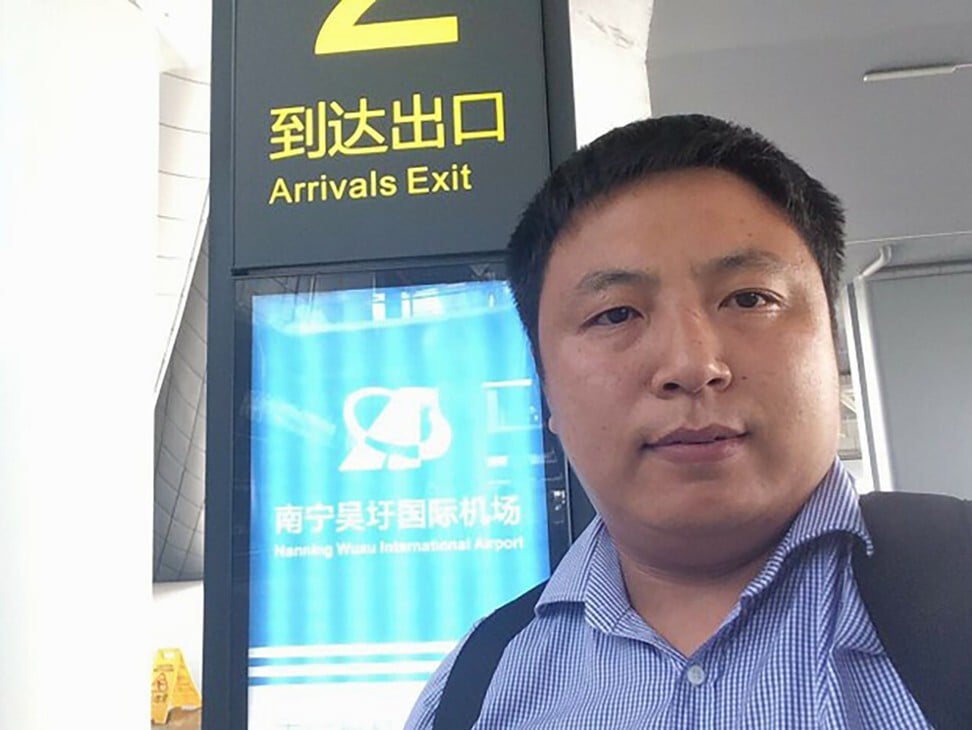
Explainer | ‘Picking quarrels and provoking trouble’: how China’s catch-all crime muzzles dissent
- In 2013, authorities broadened its application for use against those deemed to have posted and widely spread false news or rumours on the internet
- Critics say the crime – which has been levelled against journalists, activists and lawyers as well as ordinary citizens – is vague and kills free speech
The broadly worded criminal charge has been widely criticised for its potential to be used to muzzle dissent. Known as a catch-all offence or a “pocket crime”, the charge has been used by Chinese authorities against human rights activists and dissidents for a wide range of behaviours.
What is the history of the law?
The 1997 revision of the criminal code abolished the crime of hooliganism. Homosexuality was decriminalised with this change while other acts previously prosecuted under this crime, such as sexual assault, group sex and affray (fighting in a public place) were defined as separate crimes with varying punishments.
“Picking quarrels and provoking trouble” was split off into an independent crime. Initially, it applied to four situations: 1) randomly beating others; 2) chasing and insulting others; 3) arbitrarily damaging public and private property; and 4) causing serious disorder in public places.
But in 2013, authorities significantly broadened its application to allow it to be used against those deemed to have posted and widely spread false news or rumours on the internet.
The crime of “picking quarrels and provoking trouble” carries a sentence of up to five years in prison for minor infractions, or between five and 10 years in prison for offences judged to be more serious.
What has it been used for?
Many of those charged with “picking quarrels and provoking trouble” have been activists or dissidents who criticised the government or officials, or posted information about human rights or politics.
One case that attracted international attention was the detention of five women’s rights activists who planned to stage a protest on International Women’s Day against the sexual harassment of women on public transport.
Another case involved Zhang Jialong, a former financial journalist accused by prosecutors of posting and retweeting “a large number of false messages that defame the image of the [Communist Party] and the country” on Twitter.

Zhang was arrested in August 2019 and sentenced to 18 months in prison for “picking quarrels and provoking trouble”. He was released in February 2021.

Zhang Zhan, who went on a hunger strike to protest against her arrest according to legal sources, was one of the few citizen journalists in China to report on the early experiences of people in Wuhan during the city’s lockdown. Others have either been detained or were ordered to stop their online reporting.
Why is it so controversial?
Since Xi Jinping came to power in 2012, Chinese authorities have repeatedly emphasised the concept of “rule of law” and launched various campaigns against corruption as a demonstration of the party’s determination to promote the rule of law.
But the number of social activists, lawyers and ordinary people arrested under the catch-all crime and convicted for what many see as simply exercising free speech has created a chilling effect and made more people afraid to speak out, critics say.
Xu Xin, a professor at Beijing Institute of Technology’s law school, said in an interview with local media that the crime of “picking quarrels and provoking trouble” suffered from the same flaws of an unclear definition, broad scope and confusing application as its predecessor, the old crime of hooliganism.
Luo Xiang, a prominent professor of criminal law at China University of Political Science and Law, went further, saying in a public lecture that the crime of picking quarrels and provoking trouble was a “disgrace to the law”.
He said that if conviction and sentencing for a crime was too vague “the police and judiciary departments will not know how to use it, and then they will use it indiscriminately, they will use it to do everything as they want, and they will selectively enforce the law [without justice]”.

The lawyer said that there was a lot of media coverage and support at that time, but it had now become so common to be imprisoned and sentenced for speaking out online that “it is no longer news”.
“This signals that the party’s suppression of civil society is getting worse and worse. More and more people are afraid to speak out and can only remain silent,” he said.

